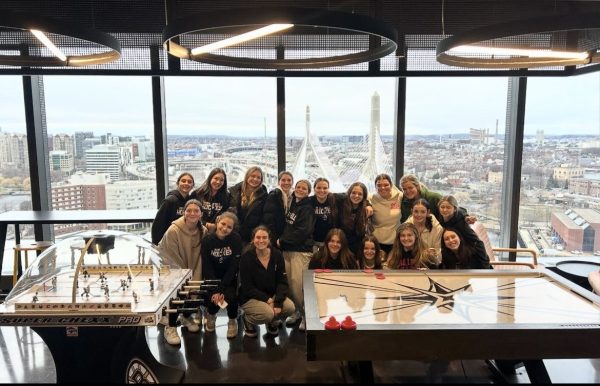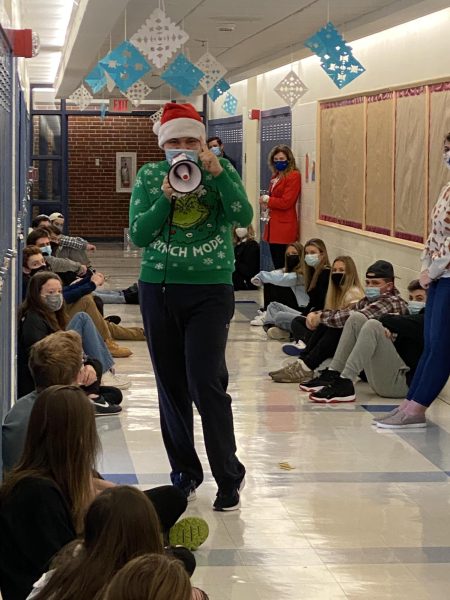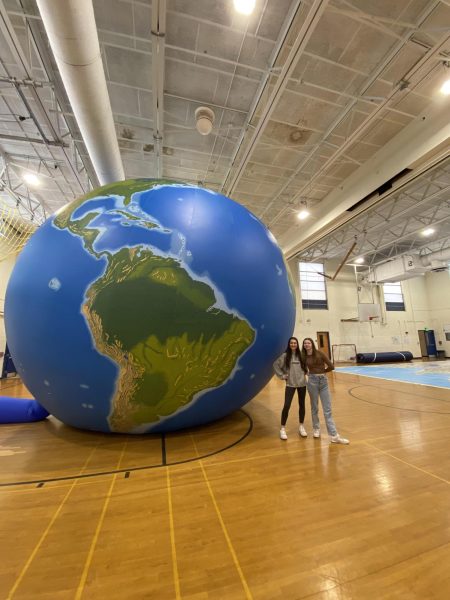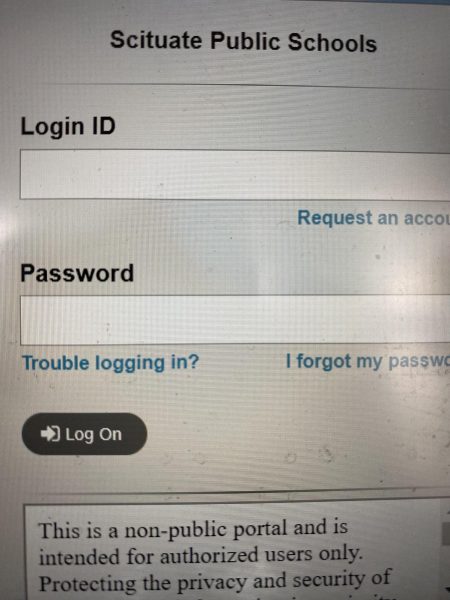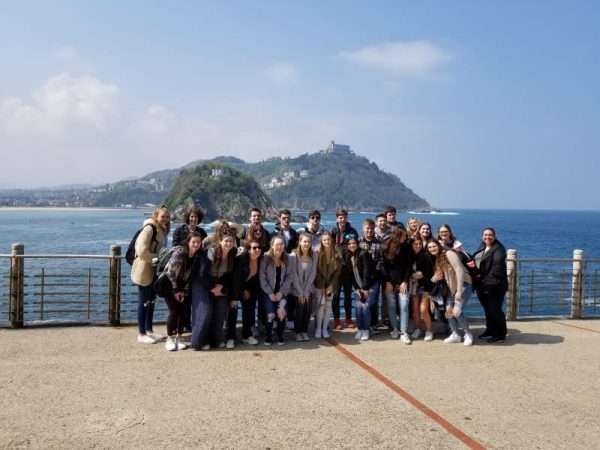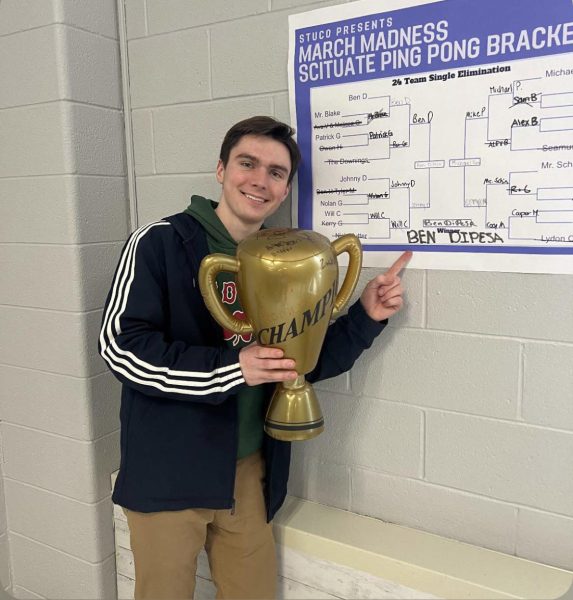Internet Censorship at SHS is Too Strict
November 21, 2018
As a student during this expansive era of technological advancements, I rely heavily on access to online assignments and learning tools. But all too often, I run into the issue of Internet censorship. Whether it be an educational video or a website, Internet censorship constantly impedes my ability to learn. I understand the initial purpose of the school’s censorship. I know that there are many websites that aren’t appropriate in a school setting, but sometimes whole websites are banned just because aspects of the website may be inappropriate. Is it fair to limit our education to avoid potentially inappropriate content? In my AP Language and Composition class, I worked with a group of students who all questioned this dilemma.
The Children’s Internet Protection Act (CIPA) outlines the bare minimum of what public schools have to censor. Anything considered ¨obscene, child pornography, or harmful to minors” must be censored. The rest of the censorship is up to the individual school. I understand that YouTube contains a myriad of risky content, but we tackle difficult topics in classrooms as well. For example, during sophomore year, students are required to read The Glass Castle, which contains sensitive themes such as poverty and sexual assault.
But Internet censorship at SHS goes beyond “risky content.” Ironically, censorship at SHS is impeding our ability to educate ourselves. A survey conducted in 2018 proves that students share a similar opinion to mine: 96% of the students polled believe that Internet censorship is too restrictive, and 91% of students believe that Internet censorship restricts access to educational information. These statistics prove one thing: Internet censorship at Scituate High School is too strict and students are not able to fulfill their educational potential. Additionally, blocked websites also restrict students’ ability to learn in a variety of ways. Some students can’t get engaged in a classroom through textbooks and worksheets; the Internet provides more variety for them.
These restrictions are not just limiting access to a diverse selection of educational information–they are also causing students to be solely reliant on their teachers for everything they learn. Teachers are an excellent source of information, but they aren’t always available to help. Teachers encourage students to research interesting topics out of class, but the information could be blocked. The harsh Internet censorship at Scituate High School is encouraging students to stop learning outside of their classes, and in the end, not receiving a full educational experience.
Some may believe that students can just go home and connect to anything they want on the Internet. Unfortunately, that isn’t the case for many students. Some students rely on the school discounted Chromebooks as their source of education. On these laptops, the school restrictions for the Internet apply all the time. Even if you connect your laptop to your home WiFi, Netflix, or YouTube, application restrictions still all apply. With this, not only can people not access YouTube on their personal device, but they can’t even download educational applications.
Recently, after an interview with SHS technology specialist Jacqui Frongello, the popular grammar program grammarly.com was unblocked, but there’s still a long way to go. With these computers, certain students can’t access their education to the same extent as everyone else can, creating fundamentally unequal opportunities to certain students.
The Internet is an important part of everyday life–it’s used for almost any task we take on as students. It is important to teach students how to navigate the Internet safely and efficiently; however, constant restrictions are not the way to do this most effectively at the high school level. You can’t teach a child to ride a bike with two wheels while extra training wheels are still on, so why is Internet access at SHS any different? Most importantly, I’m simply asking for the Internet to be accessible when we need it the most–while we’re seeking an education.
